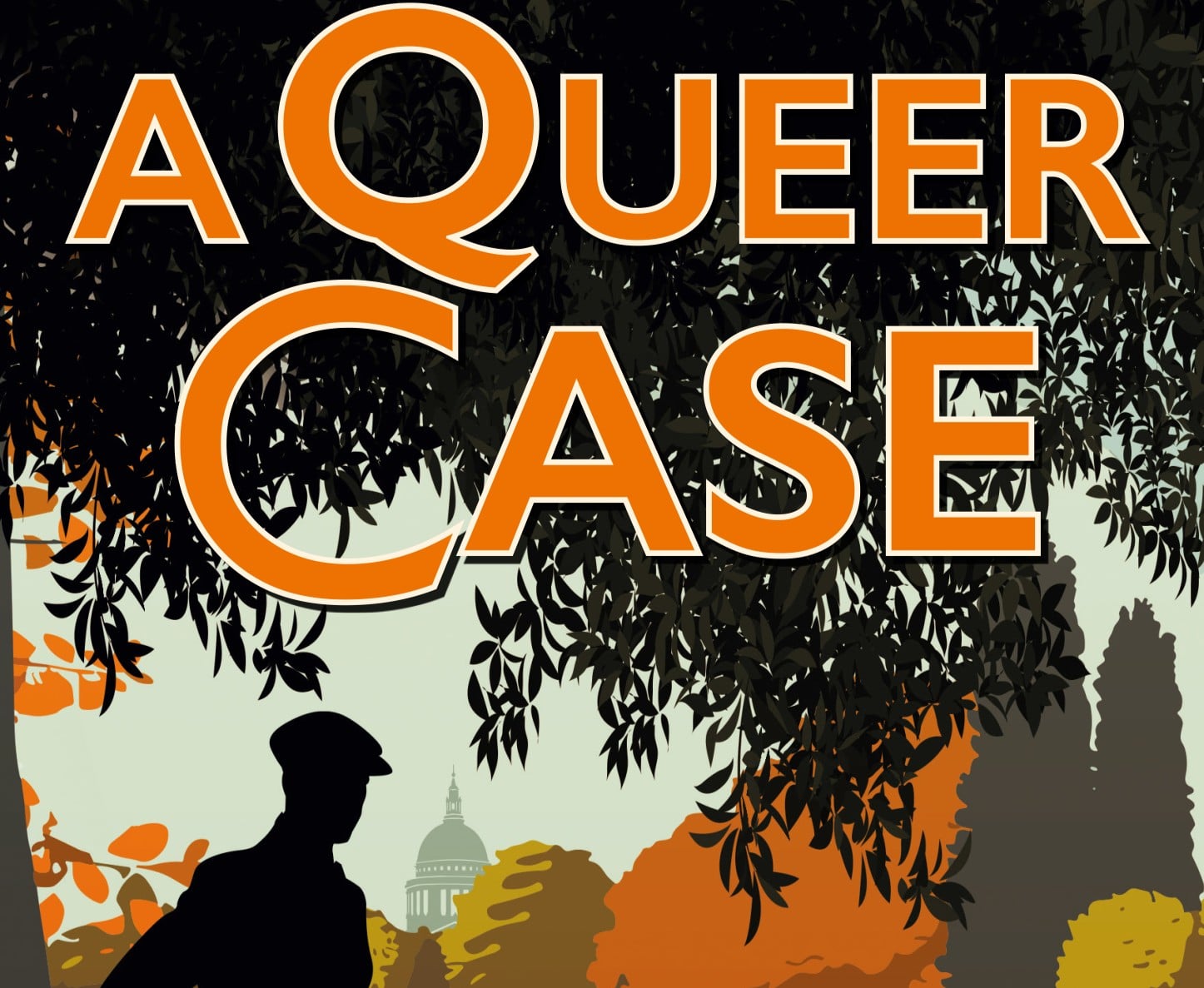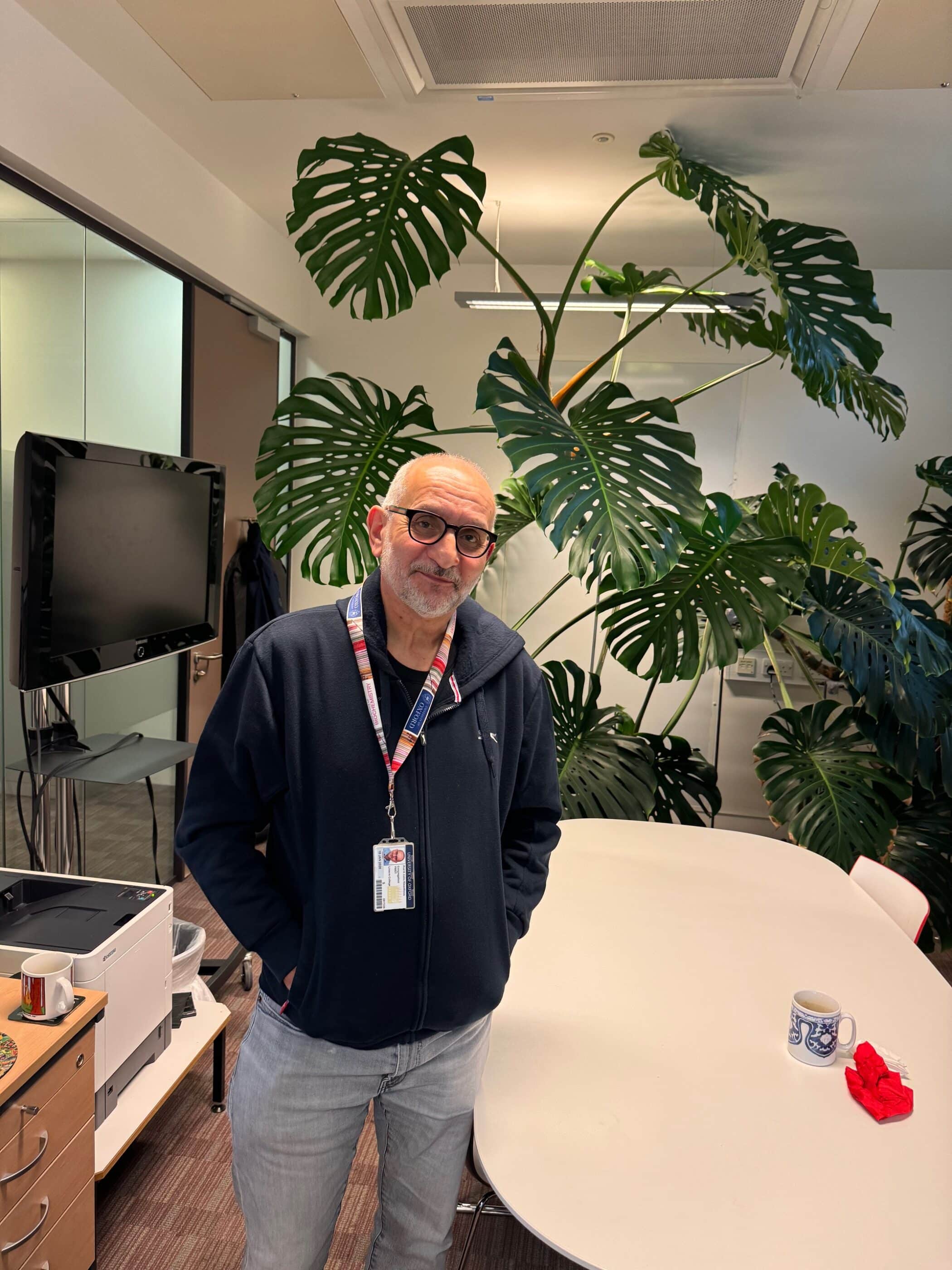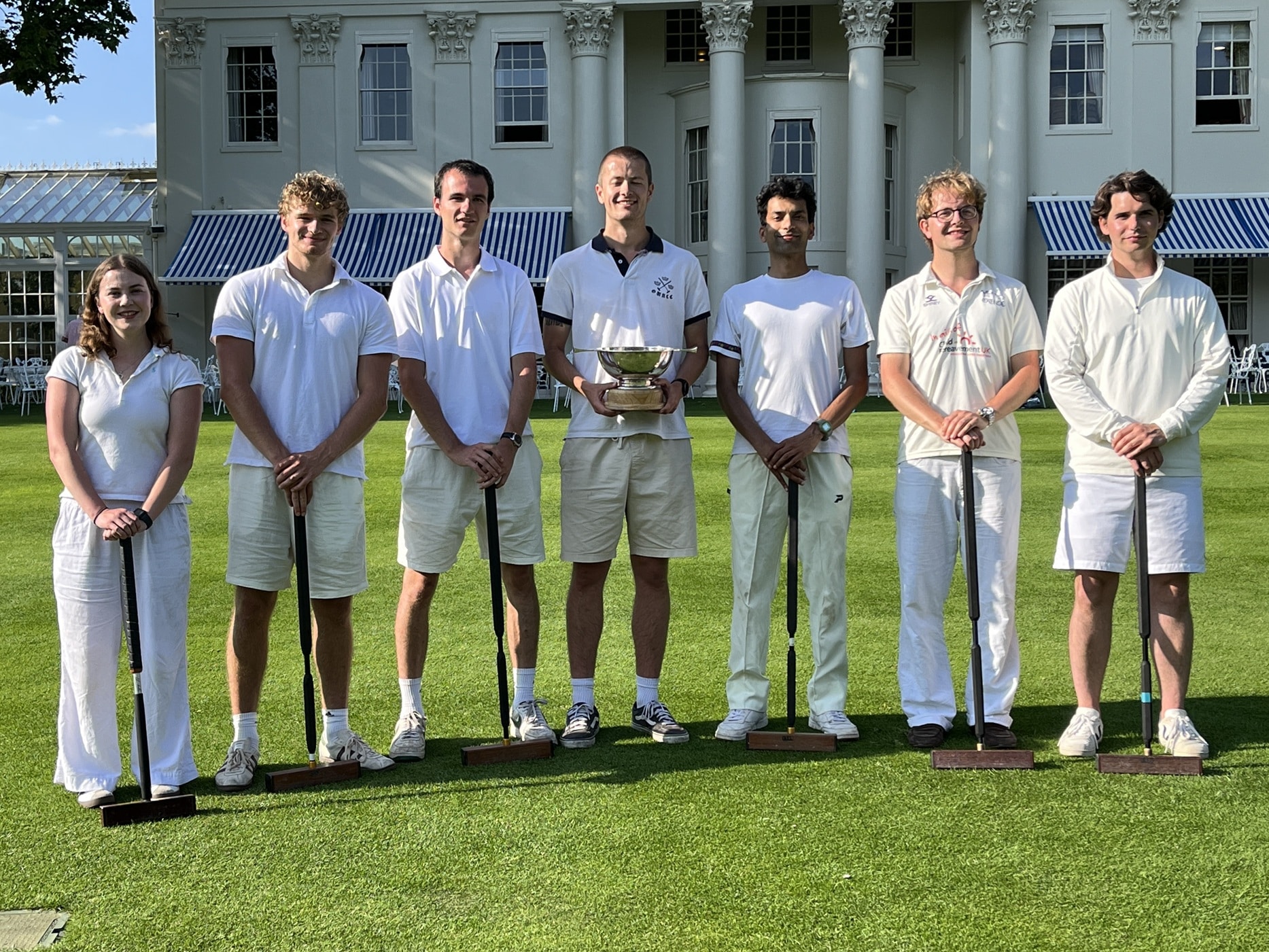Some are destined for geography, others for murder. It was the summer of 2013 and I’d just finished my MSc in Nature, Society and Environmental Policy at the geography department. I’d spent the year visiting rewilding Heck cattle outside Amsterdam, analysing the Office for National Statistics’ happiness statistics and making a few too many trips to the Examination Halls – not forgetting to wear different coloured carnations, a superstition this level-headed former geographer couldn’t abandon. But despite my geographical credentials I felt destiny pulling me in a different direction.
As with any good murder mystery the clues were there from the start. In my first term my first ever stage play was put on at the Burton Taylor Studio Theatre. Isobel was about two horrible Oxford students, Cordelia and Jack, plotting the murder of their not-so-awful friend Isobel. The inspiration for this, as with many things in my life, was Agatha Christie. I’d always found it surprising how blasé her characters could be about murder and it got me asking the question – what sort of person can so casually disregard death? Back then, my answer was a psychopath. Isobel got some nice reviews in the student press and was much enjoyed by many of my Linacre peers. Two of them enjoyed it so much that they agreed to stage my second play the following term. You’ve guessed it – another murder mystery. Despite all that geography, I was still making time for murder.
It snowed during that Hilary Term and I remember trudging through the white University Parks to get to the geography department, shivering as I went. That day’s lecture had probably been about Bruno Latour (a French philosopher beloved of geographers) and, at one point, I turned to one of my course mates and said, “I think I want to be a writer.” And she said, “Yes, I can see that for you.”
I’d always written – poems, Hercule Poirot short stories, the odd play, but after I’d finished my BA in Philosophy & Psychology I’d shunned the arts for a career in environmental campaigning and activism. I had the great honour of working with the late Polly Higgins, the earth lawyer who pioneered the Stop Ecocide initiative. I was her first campaigns director. It was this experience that inspired me to study environmental policy. But the desire to write was always within me and, as much as I enjoyed writing academically (I really did, love a long essay), the fiction spark never died. I’d begun a novel in 2012, one about magic islands, blue ladybirds and the philosophy of mind, but I’d put that aside for Bruno Latour, happiness stats and heck cattle.
Realising I wanted to be a writer was a very important moment for me. I was giving myself permission to change course. The creative and supportive environment of Linacre and the university’s drama scene helped make that happen.
Looking back through a fairy tale lens I would say this was the moment the beginning of my story ended and so began the long middle. I was Little Red Riding entering the woods, hoping to avoid any wolves. The uncertainty often proved overwhelming but one thing I always had was my writing. I could always return to the world and characters of A Very Strange Inheritance – my novel about the philosophy of mind. I also had to learn my craft so, like any ex-academic, I got books out of libraries and studied narrative and creative writing. I also completed a three-month novel writing course with Curtis Brown Creative in 2015. During that course I met 14 other writers wending their way through the woods. That community proved vital. It still does.
It took me five years to complete A Very Strange Inheritance. Once that was done, I started the next one – about a witch, an anarchist and an aristocrat all vying for power in the wake of a revolution. Then another – the witch got a whole novel this time. And another. Until I finally began writing A Queer Case towards the end of 2020.
A Queer Case combines two of the things I love – crime fiction and queer history. As well as the journey of becoming a writer there is also the journey of bringing queerness into my work. That will have to be for another time but it’s a joy to introduce readers to Selby Bigge. He lives in 1920s London and is a bank clerk by day and a denizen of the city’s queer underworld any chance he gets. Things take a surprise turn when he finds himself uncomfortably close to a murder at a mansion on Hampstead Heath. Nevertheless, a sense of duty and a strong attraction to a particular man encourage him to turn detective. He finds he rather enjoys it.
Selby never knew he wanted to be a detective. He studied Classics at Oxford University. He loved escaping his grim reality for the swords and Trojans of the Ancients. And then he took himself to London and got a job in banking, more to escape his family in Horsham than for a love of finance. His path wasn’t clear and to find it, he had to start walking, without knowing where he was going. Selby’s passion for solving murders appeared in his mid twenties, as did my realisation that I wanted to be a writer. Now, if Selby can do his job well enough I might just be allowed to carry on doing mine. The sequel will be out in June 2026!
Written by Robert Holtom (2012)


















